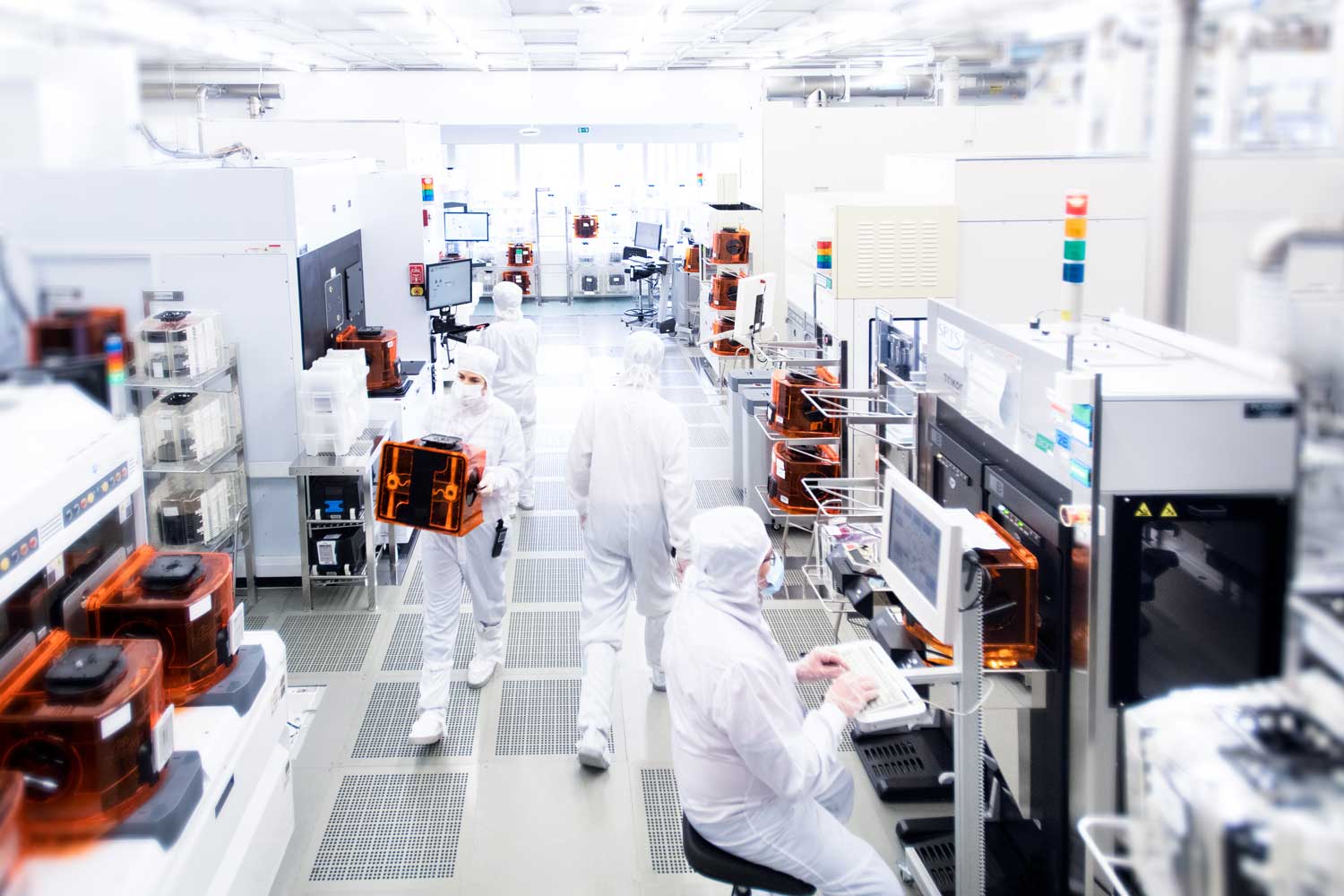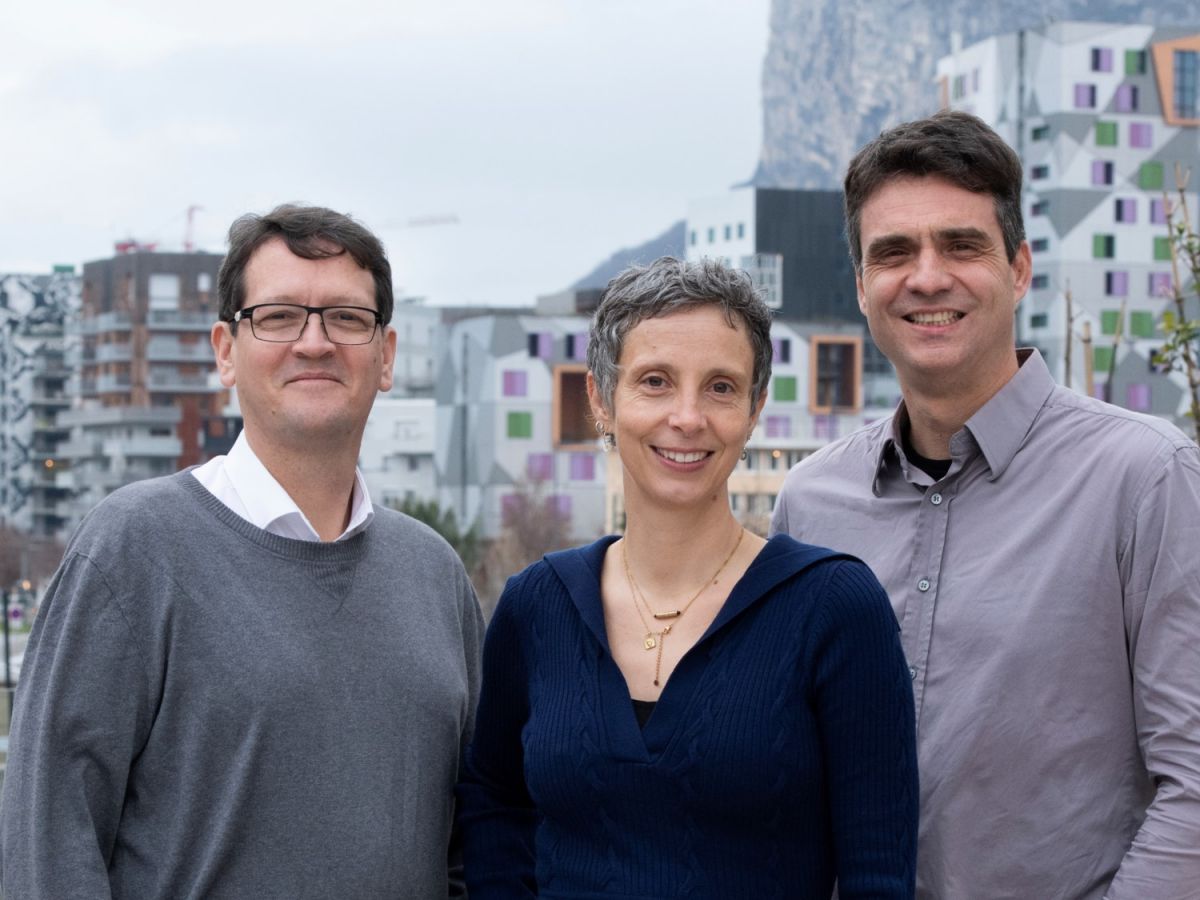Based in Grenoble and originally baptized Siquance, Quobly is the product of 15 years of collaboration between two of France's most prestigious research organizations: the CEA (Commissariat à l'énergie atomique et aux énergies alternatives) and the CNRS (Centre national de la recherche scientifique). After raising a €19 million Seed Round, the company changed the name Quobly (Quantum + Grenoble).
What is Quobly?
Quobly is building a full-stack quantum processor based on a method that its founders pioneered that leverages silicon-based materials to generate the qubits that are the fundamental unit of information in quantum computing.

Why?
As is the case for companies, investors, and researchers across the quantum industry, Quobly's founders believe that the new computing architecture will eventually allow for far more complex calculations that power breakthroughs in other industries such as medical research, drug discovery, mobility, energy, and more. And yet, despite rapid advances, quantum computers are still not more powerful than the classic silicon-based architecture that has dominated computing over the past several decades.
Quobly's founders believe they have made a breakthrough that will enable the creation of powerful quantum computers at scale.

Under The Hood
One of the biggest hurdles for quantum computers is that creating the qubits in a quantum state requires extremely low temperatures. This kind of environment can be hard to achieve and maintain, making the qubits unstable.
The research teams behind Quobly made a discovery several years ago that they believe will change that dynamic. They demonstrated a method for creating a qubit by trapping electrons in something called a "quantum dot" on a piece of silicon. This was dubbed a "silicon spin qubit."
The team then created "cryo-electronics" that could be integrated with the "silicon spin qubit" on the same silicon chip. The combination creates stable qubits on a single piece of silicon.
Who?
Quobly's founders are:
- CEO Vinet, previously of CEA and an ERC laureate.
- CTO Tristan Meunier, previously of CNRS and an ERC laureate.
- COO François Perruchot, previously of CEA.
Vinet has been a researcher for more than 25 years in advanced semiconductor technology. She began in academia and then made a detour to work for IBM in the United States, before returning to pure research and the CEA in Grenoble. Her PhD was in quantum physics, and even as she worked on classic computing advances, she maintained contact with her old quantum lab as she experimented on her own.
"It was like a side project, something that I was doing late at night," she said. "I kept sending samples to the lab for them to cool them down and study the properties of the transistors. And when quantum computing became an opportunity for computing, we had built the groundwork and the foundations."
In 2019, Vinet was appointed Quantum Hardware Director at CEA-Leti and began the push that led to Quobly being created in 2022.
The Full Scoop...
Subscribe to get Quobly's funding history and a look at its roadmap.






